After the Last ‘Firman’
Victimhood, Survival and Societal Transformation among the Yezidis
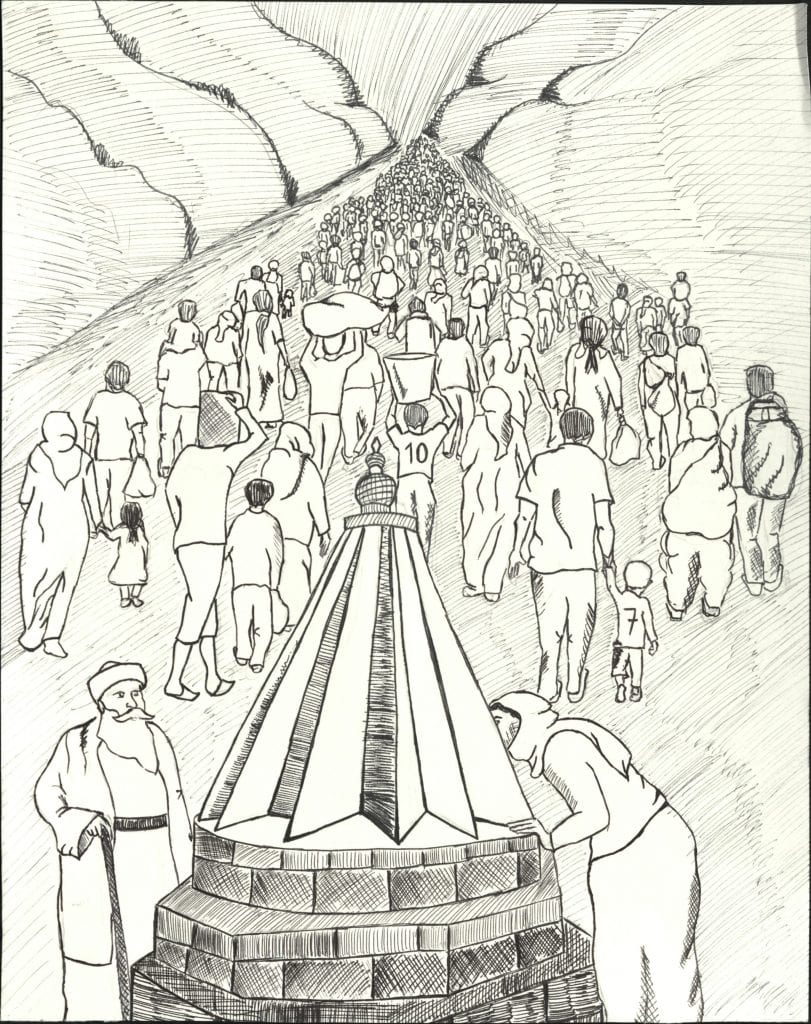
Publications based on the project:
Kurds and Yezidis in the Middle East: Shifting Identities, Borders and the Experience of Minority Communities. London: I.B. Tauris, 2021.
Transformation of Yezidis five years after the massacre, The Conversation, December 2019
Gender relations among Yezidis after the IS violence, Monkey Cage Blog, The Washington Post, October 2018
Local dynamics of violence against Yezidis,Monkey Cage Blog, The Washington Post, August 2017
News
- A workshop among investigators took place on UCF campus on February 28, 2019. The workshop was followed by an international conference titled “Politics of Borders, Refugees, and Identities: The Kurdish Experience in the Middle East” on March 1.
- A paper about methodological and ethical issues encountered during the fieldwork was presented on August 30, 2018 at the 114th American Political Science Association Annual Meeting and Exhibition in Boston.
- Bayar Sevdeen spends the fall 2018 semester as an Alliance for Historical Dialogue and Accountability fellow at the Institute for the Study of Human Rights at Columbia University. As a part of his fellowship, he is working on societal transformations among the Yezidis after the last genocidal violence.
- A paper on the impact of the Yezidi genocide on gender norms and practices will be presented in a seminar organized by HL-Senteret in Oslo in December 2018.
Description
In 2014, the Yezidi- a religious community with historical roots in the Sinjar area of northern Iraq – had repeatedly been targeted by the Islamic State’s (IS) violence against the Yezidis, resulting in mass executions, enslavements, and displacements: thousands of Yezidis were executed and large numbers of women and children were taken hostages and subsequently sold as slaves. The violence IS executed has been unprecedented even by its own vicious standards. While the Yezidis have historically developed a strong sense of existential threat perception as a marginalized minority, the IS assault has pushed the community to the brink of survival. Most of Sinjar remains inhabitable and many surviving Yezidis continue their existence as displaced people and refugees in Iraqi Kurdistan and Western countries.
This project is a collaboration among the University of Central Florida, London School of Economics and Political Science, and the American University of Kurdistan. It brings together scholars from the United States, Iraqi Kurdistan, and the United Kingdom to offer a unique social science perspective on the Yezidi religious community in the wake of genocidal violence. The project addresses a series of questions about three dimensions of Yezidi religion by empirically focusing on the lived experience of Yezidis: (1) the transformation and resiliency of Yezidi beliefs and norms in the wake of the genocidal violence, (2) the evolution of gender relations among the Yezidis in the wake of sexual enslavement of Yezidi women, and (3) the nature of relations between Yezidis and Sunni Arabs and Kurds. While IS atrocities against the Yezidis have received significant media attention, their lingering effects on Yezidis’ lives and relations between them remain unexplored.
The international research team conducts dozens of in-depth interviews with Yezidis in Dohuk province of Iraqi Kurdistan to analyze the group’s experience. The extensive fieldwork is essential to understand how the aforementioned dimensions will transform the Yezidis as a result of the collective trauma they recently experienced. The project will make a significant contribution to the study of religious minorities and their experiences of violence through a focus on the understudied case of the Yezidis.
The project is funded through an international collaboration grant from the Global Religion Research Initiative (GRRI), the George Washington University, and University of Notre Dame for the expected time frame of May 2018 to May 2019. The Institutional Review Board (IRB) of UCF granted approval for the study in April 2018 (SBE-18-13819).
Team
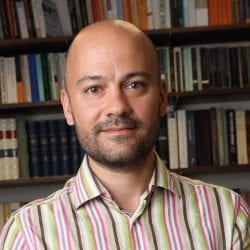
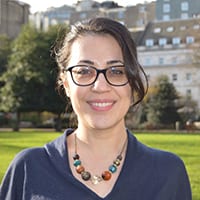
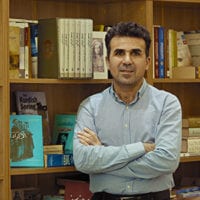
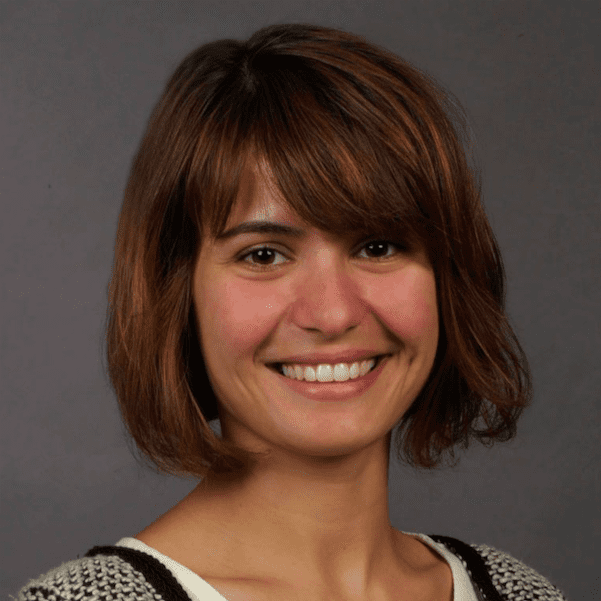
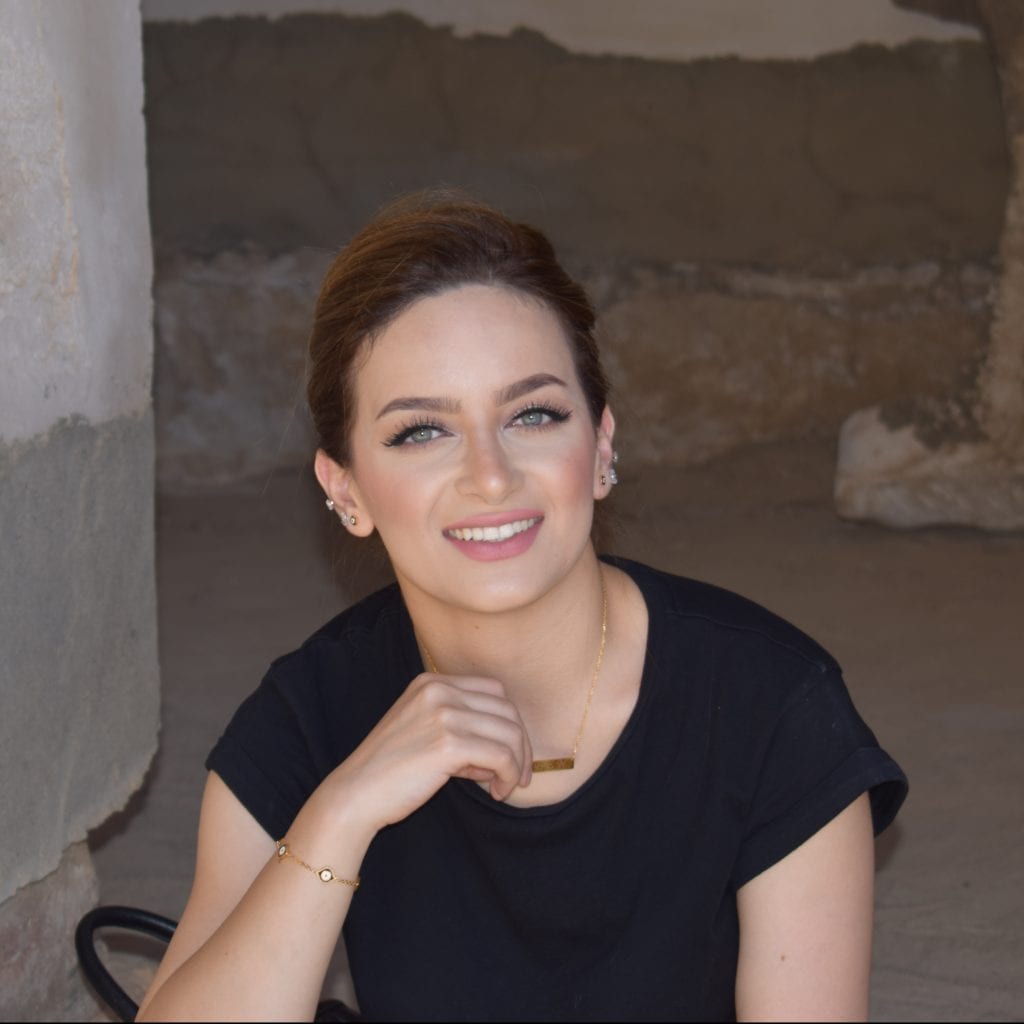
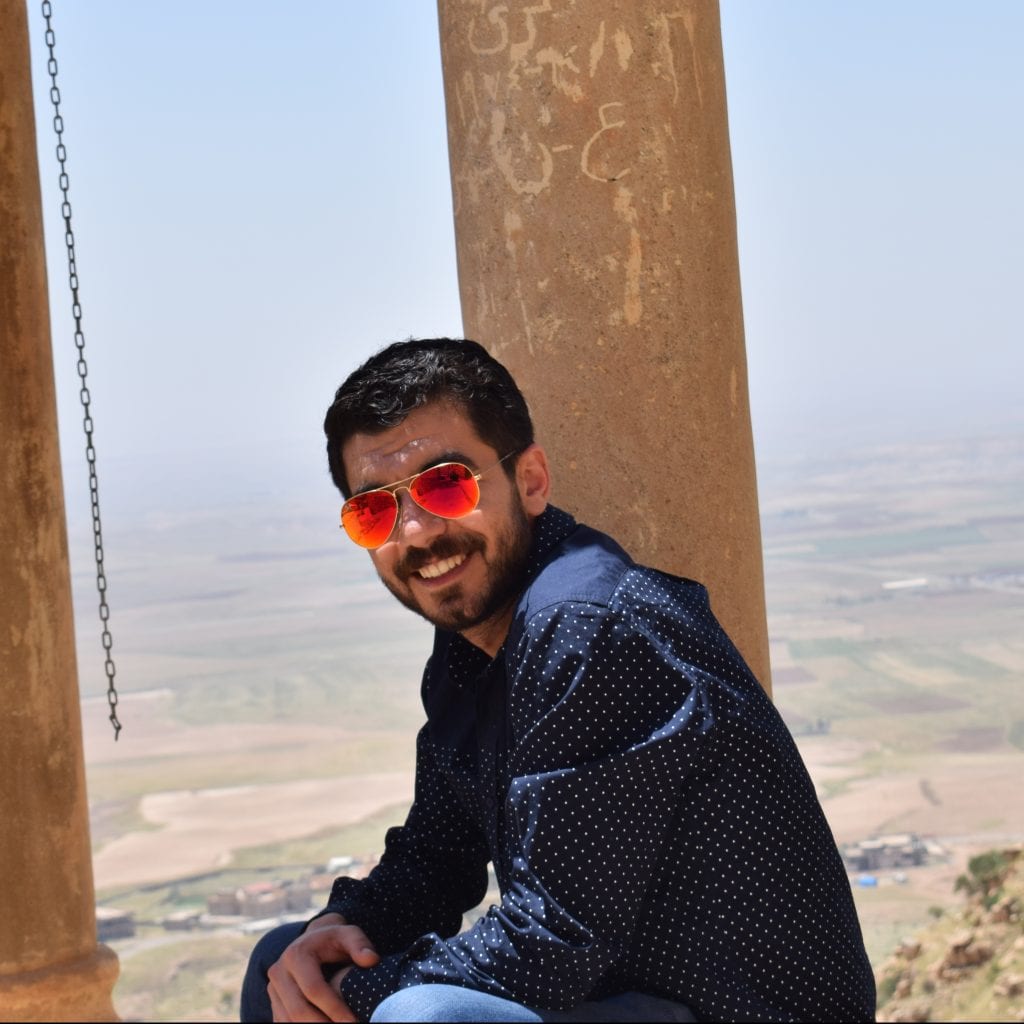
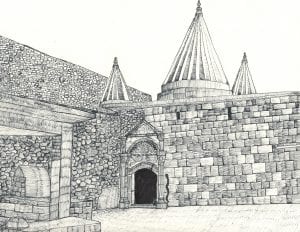






* All photos were taken by the research group during fieldwork in Dohuk, Iraqi Kurdistan.